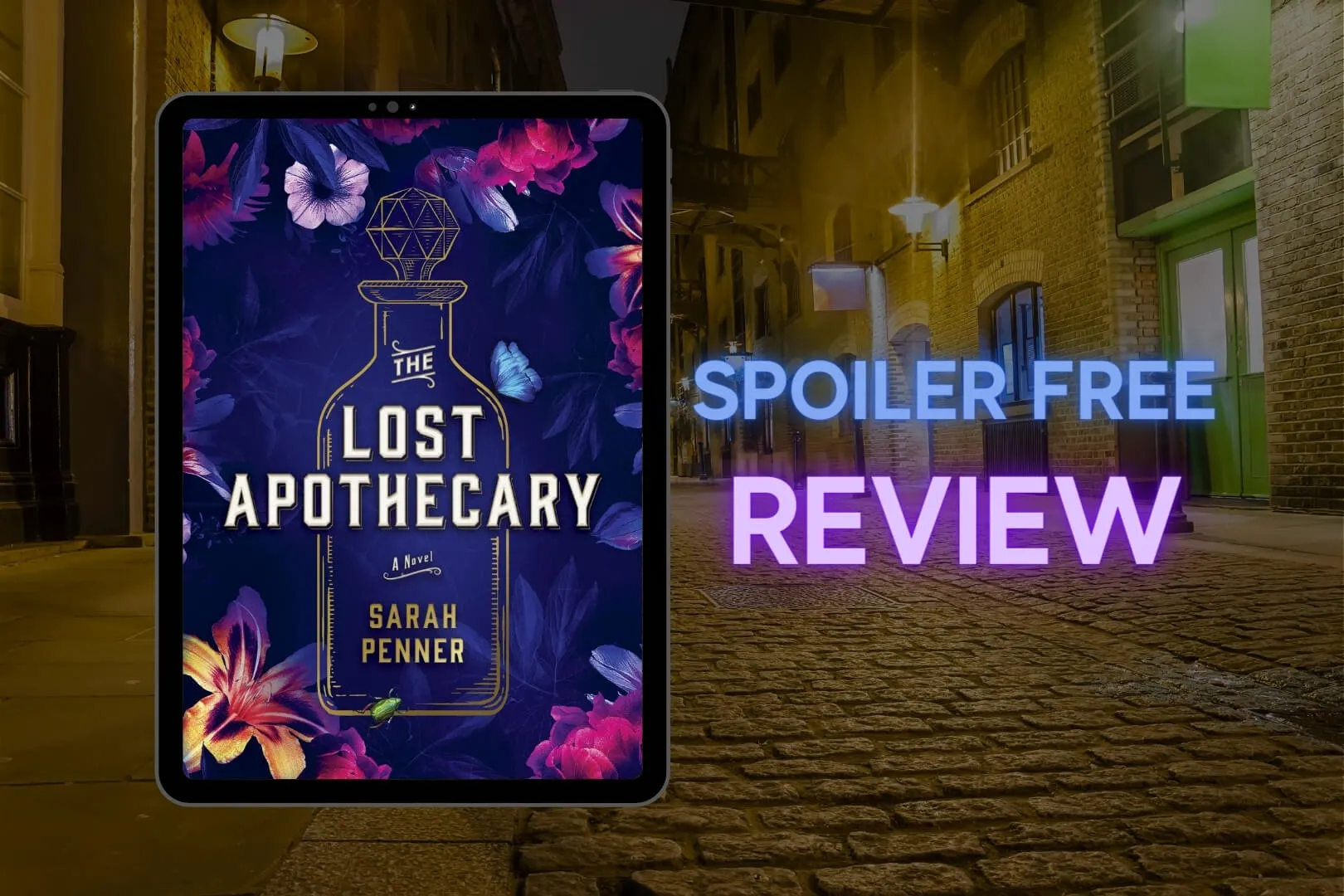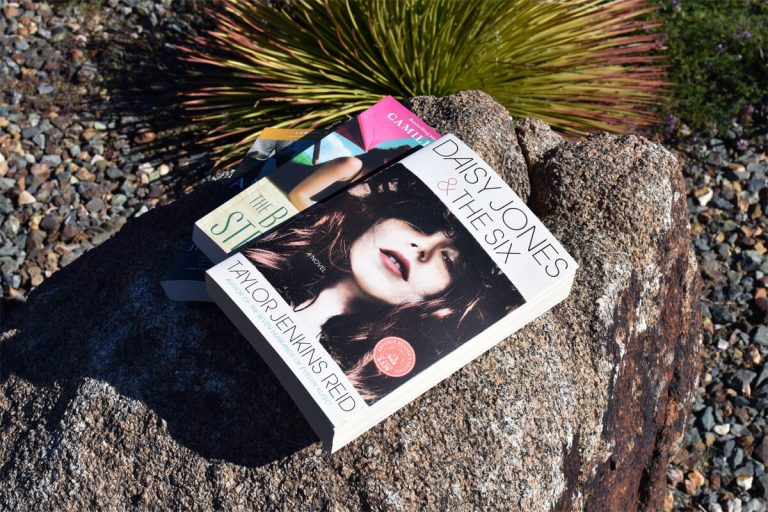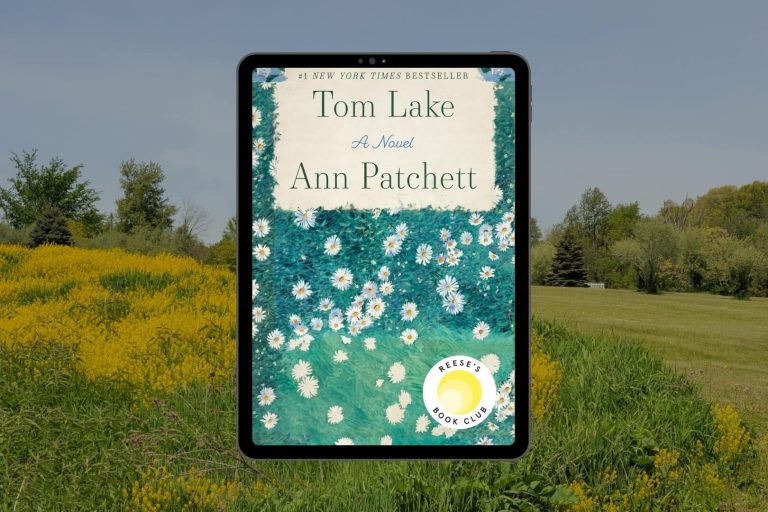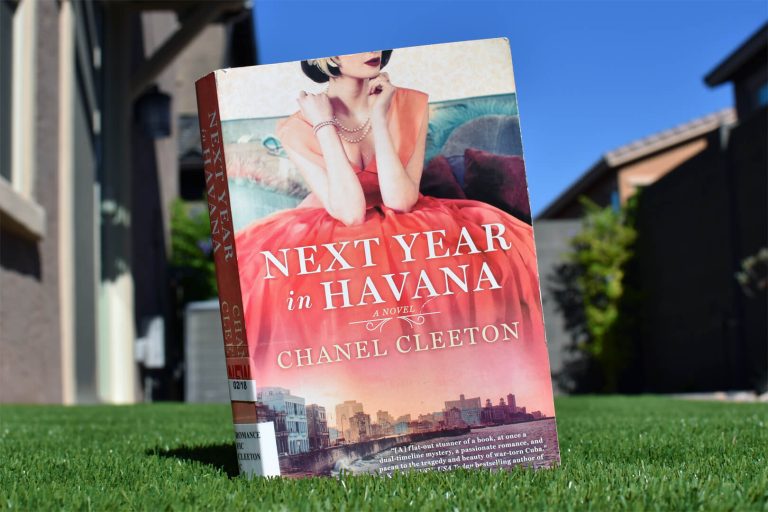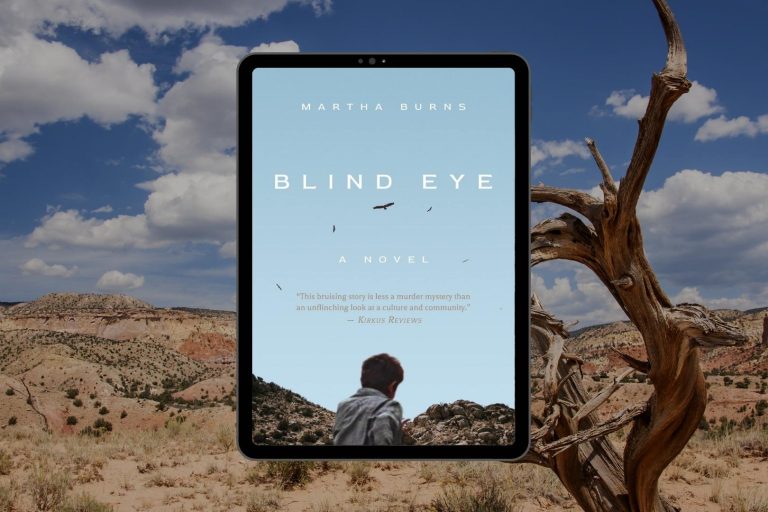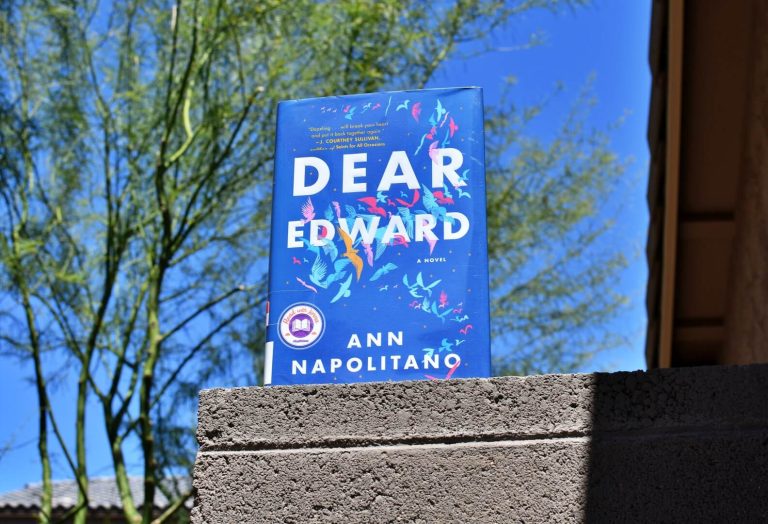Editorial note: I received a copy of The Lost Apothecary in exchange for a review. All opinions are my own.
The Lost Apothecary by Sarah Penner is an atmospheric and unique historical fiction novel.
Historical fiction is such a great genre. And while I love WWII historical fiction stories, there is something special about novels that take place in other time periods. The Lost Apothecary is a dual timeline story set in both the 1700s and present day London.
The storyline is so original and I really enjoyed the mystery components—plus this features a gorgeous cover. This is also a great one for book clubs and that’s why I included it in my must-read book club picks list for 2021.
What’s The Story About
One timeline is set in eighteenth-century London where a secret apothecary shop caters to clientele with ulterior motives. Nella sells well-disguised poisons to use against the oppressive men in their lives. Her newest patron, Eliza is a twelve-year-old, where an unexpected friendship develops. But Eliza makes a mistake that will have lasting consequences.
In present day London, Caroline spends her tenth wedding anniversary alone, running from her own demons after finding out about her husband’s infidelity. When she stumbles upon a clue to the unsolved apothecary murders that haunted London two hundred years ago, her life collides with the apothecary’s in a twist of fate with lasting impacts.
Dual Timelines
We read the story from the perspectives of Caroline, Nella and Eliza. The author Sarah Penner participated in a Q&A on this site and I asked her about finding the balance between writing two genres (historical and contemporary fiction). She said it came down to information reveal. “When balancing the two timelines, I often asked myself, “which timeline would be best to reveal the next secret/clue?” Then, during the revision process, I worked to balance the two timelines. They claim roughly equal amounts of real estate in the book,” she said.
Sarah really handled the reveals quite well—she gives just enough to keep you guessing throughout the end. I didn’t know where the story was going to go.
I really liked all the main characters’ arcs. We learn just how Nella got into the poison business and why her business focuses on men who have wronged women. The historical details are interesting—I don’t tend to read about that era (eighteen century) often and I feel Sarah really painted an interesting portrait of life back then.
I also was very engaged with the present day storyline of Caroline who is dealing with the fallout of her marriage. Her research into the apothecary helps to reintroduce a love for history.
Apothecary
Mudlarking is featured heavily in the beginning of the novel and is what sets the wheels in motion for Caroline to research the lost apothecary and the mystery of what happened to Nella. Sarah said she was inspired to write the novel when she first learned about mudlarking. She thought featuring an apothecary would be interesting as “there is something beguiling, even enchanting, about what might lie within those bottles: potions that bewitch us, cure us, kill us.”
The details about the apothecary were fascinating! For Nella, her shop provides an outlet for women to take agency over being wronged. It’s pretty dark (making poisons) but there is actually a female empowerment storyline throughout the narrative.
Verdict
If you’re looking for a historical fiction novel that differs from the standard war stories, The Lost Apothecary is a good choice. It will immediately sweep you away to London and may encourage you to look into mudlarking as well. You’ll never know what’s out there!
If your book club is reading this one, check out my book club questions here.
